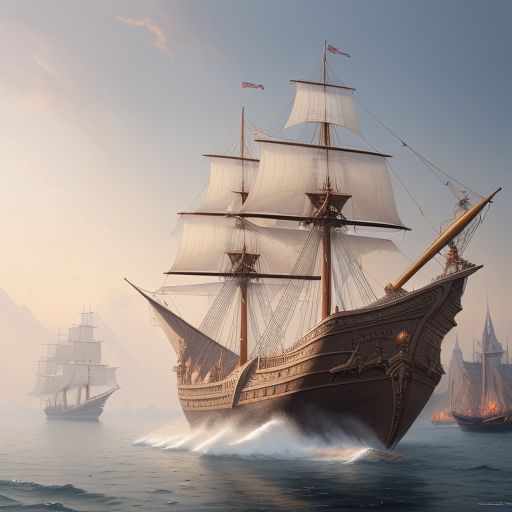Who is your favorite historical figure?
CHRISTOPHER COLUMBUS!
Christopher Columbus, a Genoese explorer and historical figure, is undoubtedly one of the most recognizable names in history.

His voyages across the Atlantic Ocean in the late 15th century marked the beginning of European exploration and colonization of the Americas. However, the legacy of Columbus is not without controversy. While some hail him as a brave explorer and visionary, others criticize his actions and emphasize the negative consequences of his expeditions. In this blog post, we will delve into the history and impact of Christopher Columbus, examining the differing perspectives that surround his name today.
Historical Context:
Christopher Columbus was born in Genoa, Italy, in 1451. In the late 15th century, European powers were eager to find new trade routes to Asia, which led Columbus to propose his ambitious plan to reach the East by sailing westward across the Atlantic. After several rejections, he eventually secured the support of the Catholic Monarchs of Spain, Ferdinand and Isabella, and set sail on his first voyage in 1492. Columbus’s expedition brought him to the islands of the Caribbean, mistakenly believing he had reached the East Indies.
Impact on Indigenous Communities:
One cannot discuss Columbus’s legacy without acknowledging the immense impact on the indigenous communities of the Americas. The arrival of Europeans, including Columbus and subsequent colonizers, brought devastating consequences for the native populations. The spread of diseases, forced labor, enslavement, and cultural displacement resulted in the decimation of entire civilizations. This dark side of Columbus’s exploration has sparked significant controversy and calls for reevaluation of his celebrated status.
Voyages and Exploration:
Despite the negative consequences, Columbus’s voyages did pave the way for further European exploration and colonization of the Americas. His expeditions opened up a new chapter in world history, leading to the eventual establishment of European settlements across the continents. The exchange of goods, ideas, and cultures between Europe and the Americas reshaped the world as we know it. While Columbus’s navigational skills and determination cannot be denied, it is crucial to recognize the broader implications of his actions.
Legacy and Changing Perspectives:
In recent years, there has been a growing reevaluation of Christopher Columbus’s legacy. The once-celebrated figure has become a symbol of colonization, exploitation, and oppression in the eyes of many. Several cities and states in the United States have renamed Columbus Day as Indigenous Peoples’ Day to honor and acknowledge the contributions and resilience of Native Americans.
The reexamination of Columbus’s legacy is part of a broader global movement towards a more inclusive and accurate understanding of history. It is essential to critically analyze historical figures and events, acknowledging both their achievements and the harm they may have caused. By doing so, we can foster a more nuanced understanding of the past and work towards building a more just and inclusive future.
Christopher Columbus’s place in history is complex and multifaceted. While his voyages opened up new possibilities for exploration and colonization, the consequences for indigenous communities cannot be overlooked. As we continue to engage in conversations about historical figure like Columbus, it is crucial to examine their actions with a critical eye and consider the diverse perspectives that surround their legacies. By doing so, we can strive for a more inclusive and accurate understanding of our shared history, learning from the past as we shape a better future.
Click the link for more of my Personal Thoughts.

Leave a Reply